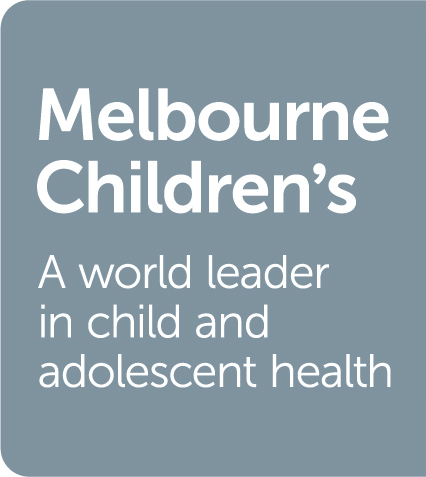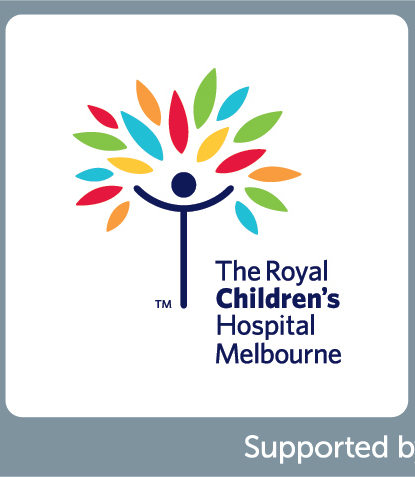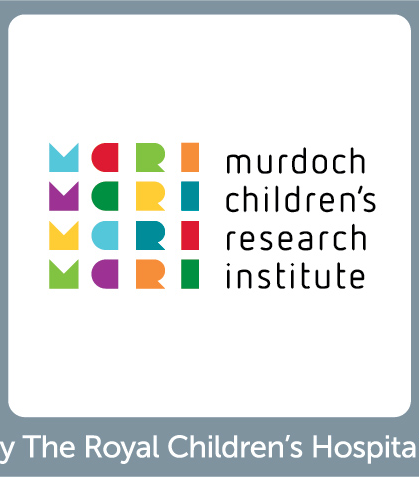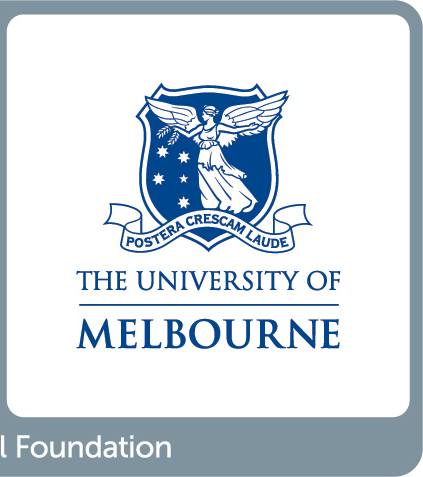Research Participants
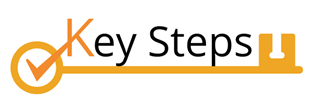
1 |
Talk to the EPIC team and the Centre for Health Analytics team about the different tools that might be available to help with recruitment. |
2 |
Develop recruitment materials in conversation with the Communications Team and the Ethics team. |
3 |
Use the Ethics templates and resources to create your informed consent materials. |
4 |
Ensure your recruitment strategy, materials and consent forms have ethics approval. |
5 |
Begin recruiting, ensuring all activity is document as per the guidance from CRDO. |
6 |
Monitor target vs. actual recruitment and participant drop-out to check if the ease of protocol compliance and/or recruitment strategy needs to be modified. |
EMR as a recruitment tool
Researchers conducting ethically approved studies can use EMR to find patients that may be eligible for their research study. The EMR is a great opportunity to link patients at RCH with research studies happening on campus, to allow all families access to participating in research.
You can contact the EMR team with your recruitment idea through Service Now via EMR -> Improvements or Ideas Request. If you’d like to learn more about using EMR as part of your recruitment strategy, contact Grace Gell.
Flagging patients as being part of research in EMR
Study teams will associate patients with their research studies in EMR. This will flag to clinicians across RCH that this patient is currently participating in a research study. Researchers can then be notified through EMR any time a participant in their study is admitted to RCH. This also makes it easier for teams to track possible adverse events, and reduce the burden on participants for communicating with the study teams.
Centre for Health Analytics
The Centre for Health Analytics acts as a nucleus; to enable the use of data to improve patient care, operations, education and research across the Melbourne Children’s Campus. “You can contact the Centre for Health Analytics team with your data access request and/or recruitment idea through the ‘How can we help you?’ form at the bottom of this page.
If you’d like to learn more about the Centre for Health Analytics and how the team can help, contact, healthanalytics@rch.org.au
Social media can be a powerful tool in engaging and reaching a large number of people especially for recruiting and communicating with potential research participants.
The MCRI is actively engaging with supporters via social media platforms. MCRI has a Facebook page and can also be found on Twitter. The Institute is also active on Instagram.
If you would like to promote your research, your latest findings, advocate or recruit people for a study, please contact the digital team at digital@mcri.edu.au.
Please note that recruitment material must have ethics approval prior to use.
Please familiarise yourself with the Social Media- use in research guide and MCRI Social Media Policy
The National Statement on Ethical Conduct in Human Research says that if you want people to take part in your research project, you need to get their informed consent. This means that they:
- voluntarily agree to take part in your project, and
- understand what your project involves.
To help people understand your project, you should give them information in the most appropriate way for that group of people and use plain language. The Ethics team have information on the different methods of consent you can use and plain language resources to help you obtain informed consent the most ethical way. You can also get in touch with a plain language advisor who can review your documents and meet with you to help you create study material that is written in plain language.
Depending on the complexity of the recruitment criteria and protocol, there may need to be multiple screening steps before enrolling a patient.
Each step should be logged for trial records to track trends in the screening and enrolment process. This data may help identify bias in the screening process, and help researchers monitor compliance with the selection criteria. It also prevents participants from being accidentally contacted multiple times for the same project.
You can refer to the CRDO guidance and templates to get started.
You must continue to track actual vs. target enrolment numbers throughout the trial, along with participant withdrawal (both when and why), and completion numbers. Not only is this GCP required; it will also help you identify if you need to amend your recruitment strategy, screening criteria, or protocol to ensure your research can be completed.
If you make an amendment to your recruitment material or protocol you must receive Ethics and Governance approval before enacting any changes.
When communicating with research participants, whether that is with brochures, information statements or recruitment material it is important to use lay language.
The following resources can help you write in plain language:
- The Communications Style Guide contains formatting and writing guidelines that are aimed at making your document clear and easy to understand. You must follow this when you are writing documents for research participants.
- Plain Language and Good Communication
- Plain Language Thesaurus for Health Communication
Plain Language Advisor
If you need help extra help writing in plain language, you can contact the Plain Language Adviser (PLA).
The PLA can review documents for participants, including PICFs, newsletters and letters, and provide advice on how to make them clearer. Before you arrange for your documents to be reviewed, please:
- review the resources on the RCH Research Ethics and Governance Website: particularly the Example PICF
- proofread your documents
- obtain an ERM number, and quote this in the subject-line of your emails to Research Ethics and Governance
- make sure your documents are clean copies in Word - no PDFs or track changes
- provide the PLA the protocol for your project - the PLA will use this for background information. They will not provide feedback on your protocol.
Please contact rch.ethics@rch.org.au to request or arrange a review or make a time to discuss the resources and education materials available.
